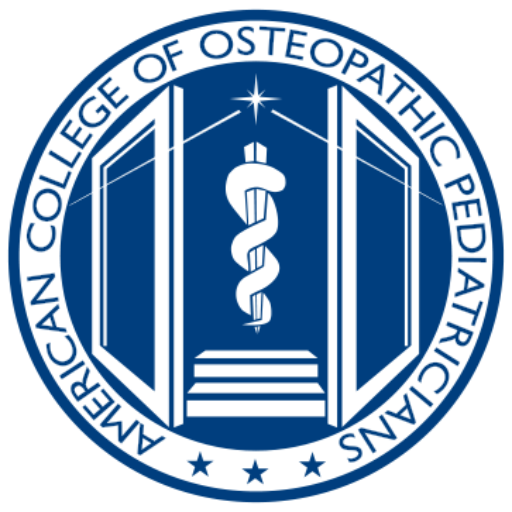You are an OMS-4 on your NICU rotation and are currently talking to a family about feeding options for their newborn baby. The new son is 3 days old and was born at 24 and 6/7 weeks gestation and currently weighs 750g. The lactating parent states that she has been attempting to pump but has not been getting really any milk yet and both parents had questions about the advantages of starting feeds with Pasteurized Donor Human Milk (PDHM) while waiting for Expressed Human Milk (EHM). Which of the following is NOT a potential advantage to starting feeds with PDHM in this infant as opposed to a preterm formula?
Correct Answer: B. Improved weight gain
Pasteurized donor human milk is regulated by the Human Milk Bank Association of North American (HMBANA). This milk is pooled from several donors, extensively tested for infectious diseases, pasteurized and then sent to participating hospitals for use by the most high-risk neonates (extremely premature, extremely low birth weight, or with known gastrointestinal illness placing them at risk for malabsorption). Numerous studies have shown that the use of PDHM in these at-risk populations can improve outcomes by being protective against necrotizing enterocolitis (NEC) and other infections and being better tolerated leading to a shorter time needed to reach full enteral feeds and therefore come off parenteral nutrition. One potential disadvantage to the use of PDHM is that infants on exclusive PDHM diets have been shown to have slower growth rates secondary to the pasteurization process which can eliminate up to 60% of the lipid content and a significant decrease in growth factor proteins. This can be mitigated using expressed human milk whenever possible while utilizing PDHM as a bridge to a full EHM diet.
